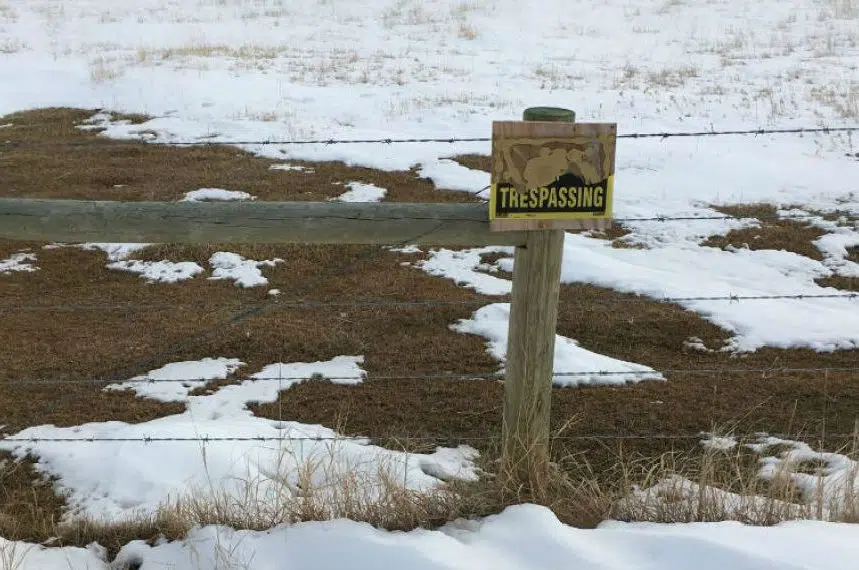Rural crime and fighting the federal carbon tax will once again top the agenda at the midterm convention for the Saskatchewan Association of Rural Municipalities (SARM) this week at TCU Place in Saskatoon.
SARM President Ray Orb acknowledged some big gains have been made in regards to rural crime, but he still sees a lot of work to be done.
SARM representatives have consulted with the provincial government on the review of trespassing legislation.
“We’re hoping that the changes we’ve suggested – at least some of them, will be adopted by the province,” he said.
Orb said SARM supports strengthening the trespassing law along with improving police enforcement.
“We’re still asking for more RCMP officers with greater visibility in the rural areas and we think that combination will do a lot (for) reducing rural crime,” he said.
Orb said the federally-imposed carbon tax will be up for discussion as well, with the organization officially supporting the province’s court battle against it. He said this is based on the premise that municipalities and farmers are already doing a lot to reduce greenhouse gas emissions.
The convention will also meet with representatives from the federal Pest Management Regulatory Agency (PMRA) to talk about the proposal to ban the use of strychnine, a type of poison used to control ground squirrels, due concerns about poisoning species at risk.
Several SARM members are concerned about the proposed ban.
Orb is also interested in learning more about what might be in store for rural municipalities under the federal infrastructure funding agreement. He noted one of the main infrastructure issues in rural areas is the lack of high-speed broadband internet.
SARM will also take a vote on a resolution to officially support more energy infrastructure projects such as the Kinder Morgan and Energy East pipelines.
With files from 650 CKOM’s Keenan Sorokan











